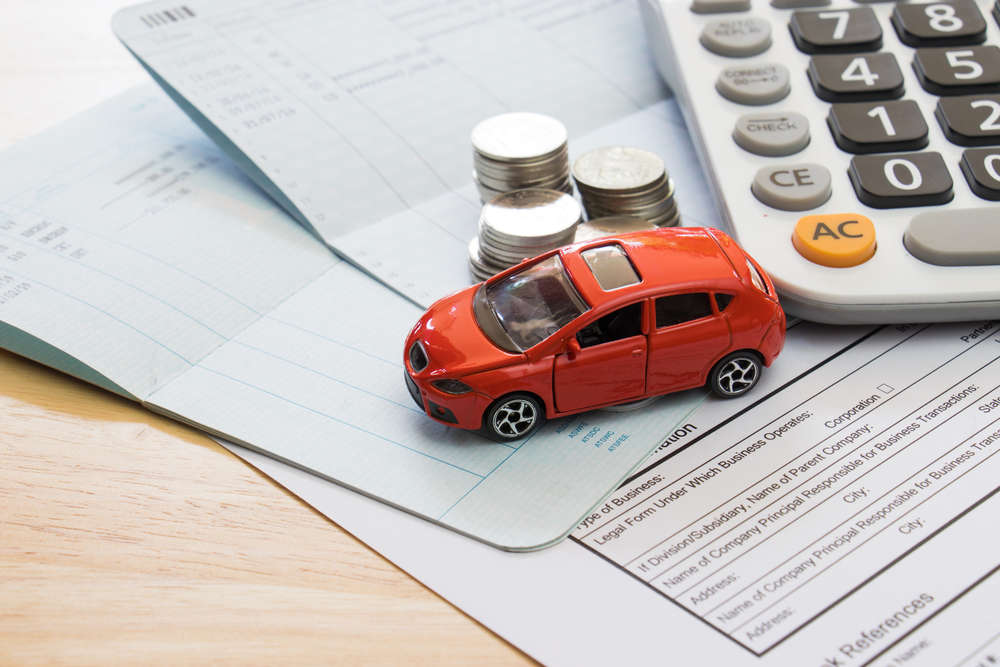Auto Insurance: The Basics And How-To’s

Purchasing cars are considered valuable, and maintaining it is one of every owner’s responsibilities. Ensuring that your drives are always safe and secured, availing an auto or car insurance should be your priority. However, there are things to consider before availing of your car insurance. It is best to look for different options that will give you a great quotation. These are the estimations for your car insurance policy’s possible costs, which can be quoted by the company, insurance agencies, insurance agents, car insurance brokers, and licensed websites. You can search for auto insurance companies based on the zip code you can input on such website. The car insurance quotation is based on the company broker, agent, or quoter’s information. Insurance policies can be personalized according to your needs, and this will be determined through driver histories, backgrounds, knowledge of your vehicle, and others. Note that an accurate quotation is possible if you provide complete information about your car to the insurance company.
How To Find The Best Insurance?
It is both smart and wise to provide insurance for your car, but there’s no doubt that it adds to the overall living cost. The good news is that, depending on a variety of variables, premiums will differ by amounts. It’s best to look for a policy that will not cost so much money but still give sufficient coverage. To ensure your insurance is in line with your needs, check your policies, renew time, and take some real measures to get rid of unfair quotations on your car insurance policy. Get at least three quotes from all various insurance agencies and different types of insurance companies, i.e., those selling via their agents, those selling via independent agents, and those selling directly via phone, app, or the internet. Based on their experiences, ask friends and family for their feedback and do your research by checking every company’s business profile before investing. Bear in mind that the lowest price will not always provide excellent insurance coverage. Be sure that the company you select is reliable and that the support you get from the insurance professionals you talk to is convenient for you. To help you choose the right insurance company for your needs, the department for state insurance or online customer information sites can provide company information on consumer complaints. Auto insurance rates are partly dependent on the vehicle’s price, the cost of fixing it, its overall safety record, and the risk of theft. Many companies give discounts for features that minimize the risk of auto theft or personal injury or for vehicles considered to be in excellent condition. When you compare the purchase of new or used cars, examine what each would cost to insure.
The Basics Of Auto Insurance
Consider the policy for car insurance as different plans. Depending on where you live, certain forms of coverage are mandated by the law of the state. Others would be optional; take each one into account and ask yourself how much you need. Each form of coverage has a premium of its own. Add them up, and you have your auto insurance premium price. Subtract the ones you do not need, and you get some leverage over the price.

If you cause an accident in which someone else is injured or killed, Bodily Injury or B. I policy covers you. State laws vary on how much you are allowed to shoulder. Many financial experts suggest bringing at least $100,000 per person and $300,000 per case-usually referred to as 100/300. When determining how much to buy, consider what assets you have to cover and what you can afford. Coverage for Property Damage or P.D. protects you when you damage the property of someone else. It’s usually the vehicle of someone else, but it might refer to houses, utility poles, garage doors, and other physical property. State regulations specify the minimum price you must buy. When you crash into another vehicle, a brick wall, a fire hydrant, or another object, collision coverage covers damage to your car. This coverage is not needed by statute, but your bank will require it if you have an auto loan. You can choose a deductible for this coverage, which you must first pay out-of-pocket for a claim before the insurance kicks in.
If your vehicle is stolen or damaged in ways that do not require a crash, comprehensive coverage protects you. Hazards covered include hail, burning, burglary, flooding, earthquakes, fires, dropping objects, and wildlife encounters, such as deer. Comprehensive coverage is optional; even if you have an auto loan, your bank can need it. You will pick a deductible for this coverage. Uninsured or Underinsured motorist UM/ UIM compensation when you are struck by a car without sufficient auto insurance includes medical and other expenses. Whether this coverage is required or optional depends on the legislation of your state. If struck by an uninsured motorist, you can buy extra compensation to pay for damage to your vehicle, but many people purchase only accidents and comprehensive instead. Medical Payments Compensation (Med Pay, or MPC) serves as the primary coverage for medical costs incurred by you and your passengers if injured, irrespective of fault, in a motor vehicle accident. Concerning this coverage, states have different rules.
How To Read An Insurance Policy
Your policy is a legal contract, so that it can seem ambiguous at first glance. Once you understand what to look for and where to find it, it becomes a lot easier to understand your strategy. Each insurance policy for cars and homeowners have standard components.
Page’s Declarations; it is where your name, a declaration of the insurance period for which you are covered, and the amount of premium you pay can be found. A summary of this insurance policy offered is also included on the ‘dec’ tab, which provides the highest dollar limit the client would spend on a claim for every coverage. The insurance agreement explains what the insurance provider will do in return for the premium you pay. The insurance policy would also specify who is covered:
- Individuals listed on the declaration page as insured persons
- Residents of the same household
- Persons using the vehicle with the insured’s consent
The terms of the strategy in the last section explain your duties, such as how much time you have to report and what documents you have to send to the insurance provider. It also describes, for both you and the insurer, the conditions for cancelling your policy. You can cancel your insurance policy at any time, but your insurance company can cancel your policy only under certain conditions and with prior notice.






